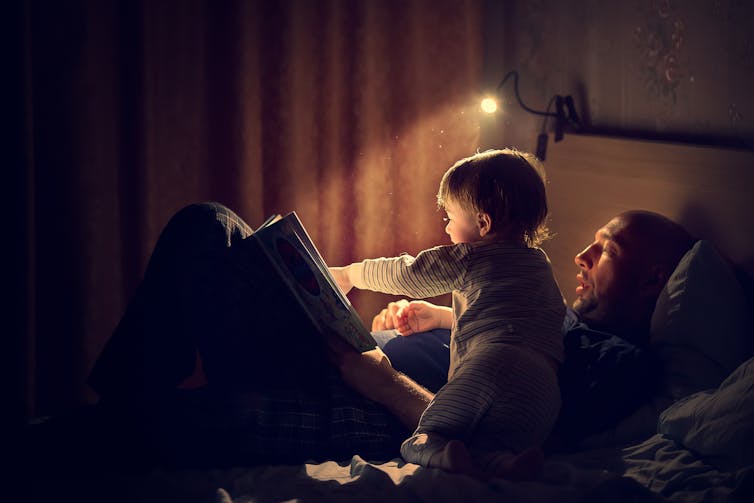-
Th
chevron_right
Last remaining ADF troops to leave Afghanistan within months
pubsub.do.nohost.me / TheNewDaily · Thursday, 15 April, 2021 - 03:47 · 2 minutes

Scott Morrison has confirmed Australia will withdraw its last remaining troops from Afghanistan by September, in line with the US and other allies.
The Prime Minister said the number of Australian Defence Force personnel had been drawn down from a height of more than 1500 to just 80 troops in the past two years.
Mr Morrison choked back tears in Perth on Thursday as he read the names of 41 ADF troops killed while serving in Afghanistan.
“Our emotions are of no consequence compared to those who have lost their family members,” he said.
“It is an emotional day, but mainly, and most importantly, we must think of those who have been most significantly impacted – the families of those who are lost and that sacrifice which they live with each and every day, but also those who bore arms with them and served with them.”
Mr Morrison’s announcement came a day after US President Joe Biden confirmed American forces would leave Afghanistan by September 11 – the 20th anniversary of the 9/11 terror attacks on the US.
The US will begin withdrawing its troops from what Mr Biden called “the forever war” on May 1.
“It was never meant to be a multigenerational undertaking. We were attacked. We went to war with clear goals. We achieved those objectives,” he said, noting that al Qaeda leader Osama bin Laden was killed by American forces in 2011 and saying that organisation has been “degraded” in Afghanistan.
“It’s time to end the forever war.”
Mr Morrison said bringing the remaining Australian troops home represented a “significant milestone”. More than 39,000 Australian Defence Force personnel have served in Afghanistan in the past 20 years.
Australia will continue to provide aid to the war-ravaged country through defence co-operation programs, but the federal government will no longer provide any “in-country support”.
“While our military contribution will reduce, we will continue to support the stability of Afghanistan through our bilateral partnership and in concert with our other nations,” Mr Morrison said.
“This includes our diplomatic resources, development cooperation program and continued people-to-people links.”
Allegations of war crimes by Australian troops in Afghanistan led to a wide-ranging investigation and review, but Mr Morrison refused to be drawn on whether Australia could have done better in the conflict.
“There will be time to talk about those things. Today is not that time,” he said.
-with agencies
The post Last remaining ADF troops to leave Afghanistan within months appeared first on The New Daily .







 Adequate sleep is key to good health.
It’s worth noting that most of the studies on this question are cross-sectional, which means they look at data from a population at one specific point in time.
Adequate sleep is key to good health.
It’s worth noting that most of the studies on this question are cross-sectional, which means they look at data from a population at one specific point in time.
 Try to stick to the same bedtime.
Try to stick to the same bedtime.



 We need to set targets aimed at getting more women into higher-paying managerial roles, said Bianca Hartge-Hazelman.
We need to set targets aimed at getting more women into higher-paying managerial roles, said Bianca Hartge-Hazelman.








